ARTICLE AD BOX
58 minutes ago
By Matt Murphy, BBC News, in London

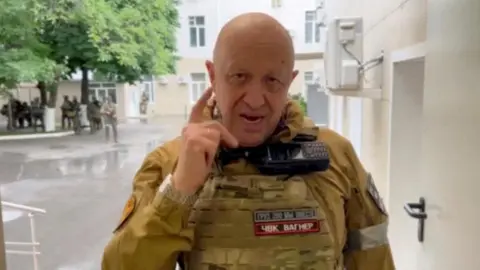 Reuters
Reuters
Yevgeny Prigozhin led Wagner forces into the Russian city of Rostov virtually unopposed
Russia has effectively dismantled and replaced the Wagner Group in the year since the mercenaries shocked the world by launching a mutiny against President Vladimir Putin’s government, experts have told the BBC.
Yevgeny Prigozhin – the late leader of the paramilitary force – crossed from Ukraine on 23 June 2023 and seized the southern city of Rostov after months of increasing tensions with military leaders in Moscow.
His forces then began a brief charge towards the capital, meeting virtually no resistance. The “march for justice”, as Prigozhin called it, came to an abrupt end the following day after he called off the advance.
Just two months later, Prigozhin's plane crashed and he was killed along with several other senior Wagner members, throwing the group’s future into uncertainty.
Dr Sorcha MacLeod, a member of the UN's working group on mercenaries and lecturer at the University of Copenhagen, said ex-Wagner troops had fragmented across the Russian state.
"[Wagner] may not exist in exactly the form it did previously, but a version - or even versions - of it continue to exist," she told the BBC. "There's been this sort of dispersal amongst the Russian state so there is no one overall controller."
"The Wagner Group was incredibly important geopolitically and economically to Russia, so it was never going to disappear as some people suggested," she added.
For years, Prigozhin’s forces had been a valuable and deniable tool for Russian operations across Africa and Syria. But it was in Ukraine – as Moscow’s conventional forces struggled to dent Kyiv’s defences – that Prigozhin and Wagner came into the open.
Throughout late 2022 and early 2023, Wagner was key to Russia’s few battlefield victories. Its forces – largely made up of ex-prisoners – managed to take the eastern city of Soledar, before it became entrenched in months of intense fighting in the meat-grinder of Bakhmut.
At its peak Wagner had around 50,000 mercenaries in Ukraine, according to the US National Security Council.
Now, experts say Wagner’s operations in Ukraine have been subsumed by other Russian state and paramilitary units. One ex-Wagner commander recently told BBC Russian that the mercenaries had been ordered to “join the ministry of defence” or to go away.

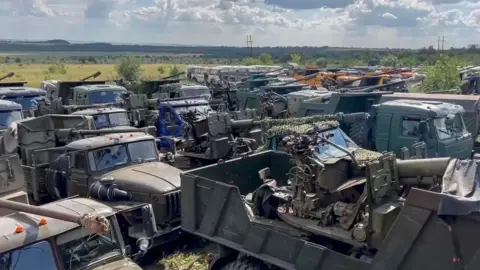 EPA
EPA
After the uprising the Russian government said Wagner handed over tanks, vehicles and weapons
UK intelligence officials have suggested that some of the group's infantry units have been subsumed by the Rosgvardia, or National Guard. The unit, established in 2016, has been described as Mr Putin’s “private army” and is controlled by his former bodyguard Viktor Zolotov.
The UK Ministry of Defence (MoD) has said elements of the Wagner Group started coming under the National Guard’s control in October 2023. Referred to as “volunteer formations”, the ex-Wagner troops were to be deployed to Ukraine on six-month contracts and to Africa on nine-month contracts, it said.
Anton Yelizarov – a long term Wagner operator who is said to have commanded the mercenaries' bloody operations in Bakhmut – appeared to confirm the integration days later. In a video posted to a Wagner-linked Telegram channel, he said he was present at the construction of a camp where Wagner troops would “work for the good of Russia” and join with National Guard units in a new formation.
UK officials said the “incorporation of former Wagner assault detachments into Rosgvardia’s Volunteer Corps highly likely indicated that Wagner has been successfully subordinated into Rosgvardia, increasing the Russian state control over the Wagner Group”.
Other ex-Wagner forces have signed up to fight with Vladimir Putin’s strongman in Chechnya – Ramzan Kadyrov – and his Akhmat forces, a recent BBC Russian investigation found.
A tangible example of the group’s decline came when its logo was reportedly stripped from the tower block it had occupied in Russia’s second city of St Petersburg.

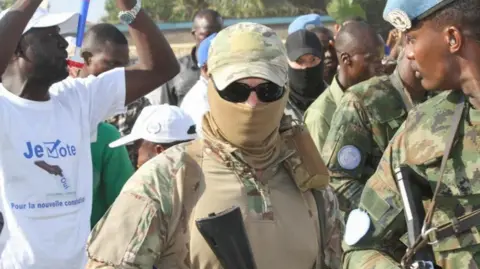 Reuters
Reuters
Only in the Central African Republic (CAR) is Wagner still operating in any shadow of its former shape, allegedly controlled by Prigozhin’s son Pavel
In the days after the mutiny, Prigozhin was said to have cut a deal with Mr Putin to focus his group’s operations in Africa, propping up regimes and securing resources for Russia. Following his death, deputy Defence Minister Yunus-Bek Yevkurov reportedly toured African capitals, assuring officials that the services provided by the group would not dissipate.
Earlier this month the Polish Institute of International Affairs (PISM) think tank observed that in the wake of Prigozhin's death "the Russian state’s attention in [Africa] not only did not weaken, but strengthened".
In February, the BBC obtained documents revealing that Moscow was offering a “regime survival package” in exchange for access to strategically important natural resources – an approach previously favoured by the Wagner Group.
The plan was being offered by a so-called Russian “expeditionary group” – nicknamed the Africa Corps – and commanded by former GRU Gen Andrey Averyanov. He previously oversaw secretive operations specialising in targeting killings and destabilising foreign governments.
Experts told the BBC that the Africa Corps has effectively replaced Wagner in West Africa. On Telegram, the unit boasted of offering recruits salaries of up to 110,000 roubles per year and service “under the leadership of competent commanders with extensive combat experience”.
In January, it announced its first deployment of 100 troops to Burkina Faso. Another 100 reportedly arrived in Niger in April.
Ruslan Trad, a security analyst with the Atlantic Council, told the BBC that, in effect, Wagner "became the Africa Corps and now serves the full purposes of military intelligence" and the ministry of defence.
"In Africa, these soldiers are doing much the same thing - guarding trade routes, securing resources that Moscow uses to circumvent sanctions, and more - serving local juntas and directing the flow of migrants," he observed.
- Inside the Wagner Group in the CAR
- Was Wagner chief Yevgeny Prigozhin a dead man walking
- How the Kremlin uses comics to glorify its war in Ukraine
The PISM noted that the Africa Corps is intended to be used "more openly" than Wagner was on the continent with the intention of replacing Western - and particularly French - influence in Africa.
BBC Russian reported that only in the Central African Republic (CAR) is Wagner still operating in any shadow of its former shape, allegedly controlled by Prigozhin’s son Pavel.
"Moscow has given the heir the go-ahead to continue doing what his father did in Africa, on condition that it does not contradict Russia's interests," a source who used to work with Yevgeny Prigozhin told BBC Russian.

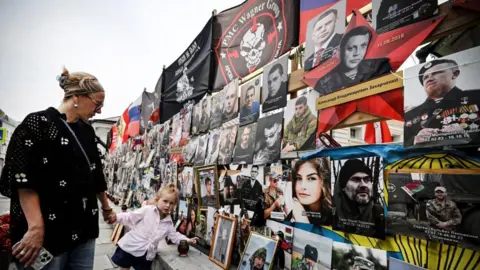 Getty Images
Getty Images
There is a makeshift memorial to Wagner in Moscow, but the anniversary of the group's uprising has passed largely without incident
Last week, Le Monde reported that around 1,500 Wagner troops had assisted local security forces in attacks on rebel-held areas.
However, the PISM observed that the overall importance of the CAR in Moscow's strategic thinking "is diminishing".
Dr MacLeod suggested that Wagner's original goal in the CAR had been to show "proof of concept" that mercenary groups can be "used as a successful counter-terrorism actor", a goal Moscow may now view as having been achieved.
But she added that Wagner was "utterly enmeshed" within the CAR, making it harder to replace it with the new, developing Africa Corps.
Despite the threat posed by Prigozhin's mutiny, Sunday's anniversary largely passed without incident in Russia.
Dan Storyev of the OVD-Info monitoring group told the BBC that Prigozhin's legacy mostly lay with those aligned with the Kremlin.
"Generally speaking the Wagner mutiny hasn’t had much, if any, real grassroots support for there to be, say, mass rallies marking the anniversary - perhaps because it had no genuine anti-war messaging," he noted.
"There are people who organise protests in Russia, but they’re focused on anti-war activism and don’t have anything to do with [Prigozhin]."

 5 months ago
18
5 months ago
18
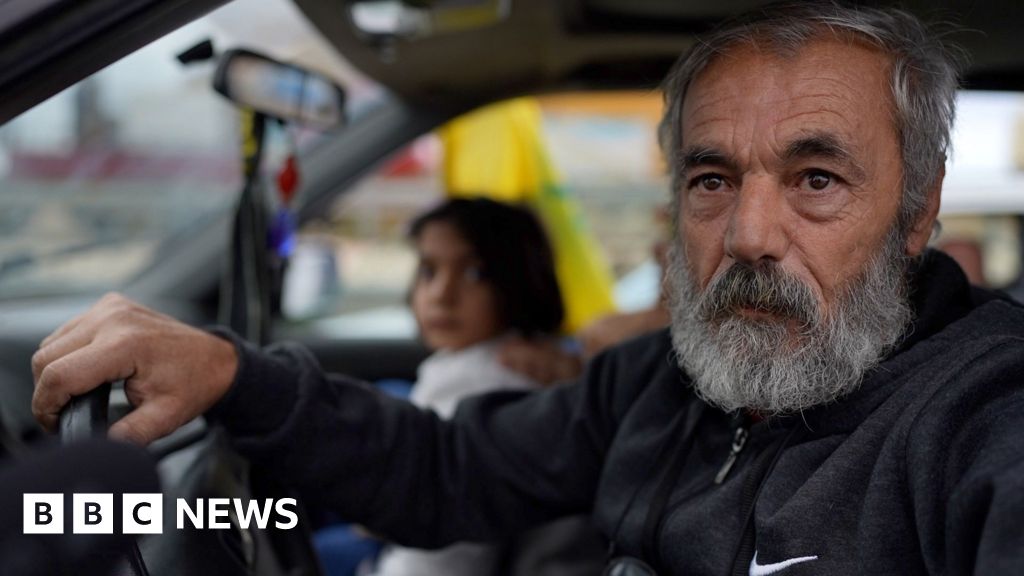
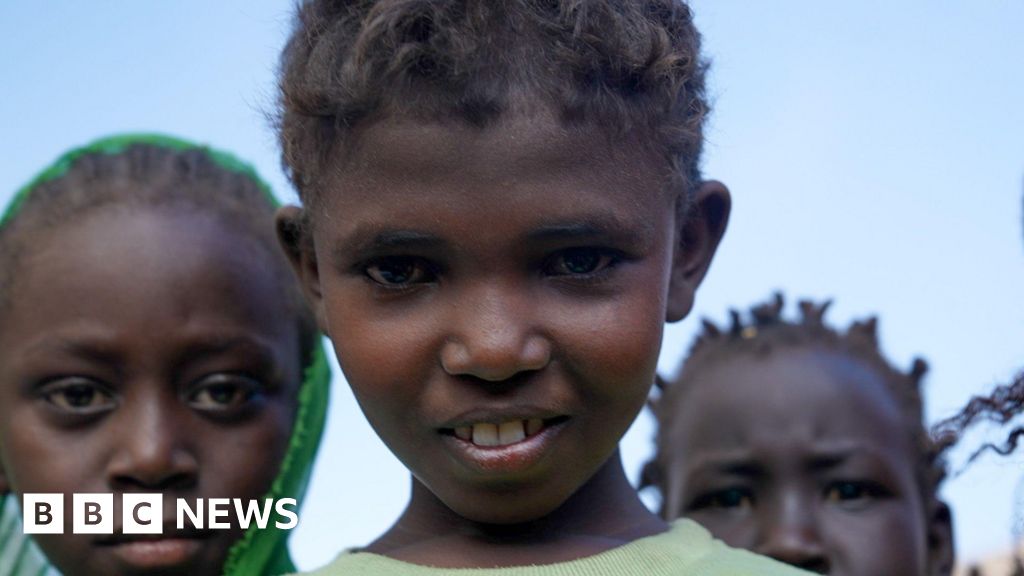
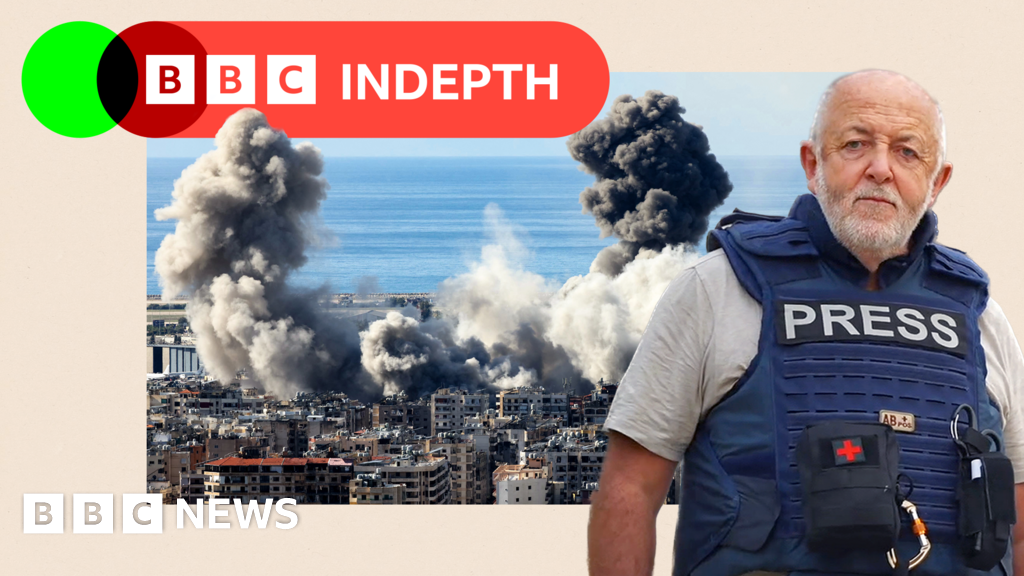





 English (US)
English (US)